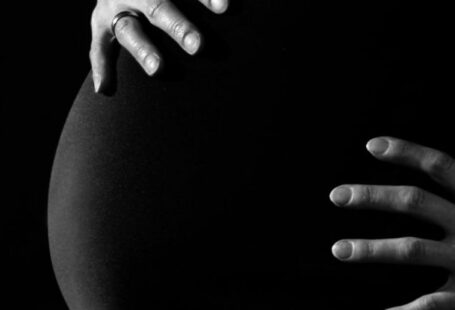Swimming is a demanding sport that requires a delicate balance of training and recovery to achieve optimal performance. Athletes often push themselves to their limits in pursuit of improvement, but what happens when the line between training hard and overtraining is crossed? Can overtraining actually inhibit swimming performance? Let’s delve into this topic and explore the potential consequences of pushing the body too far in the quest for swimming excellence.
The Impact of Overtraining on Swimming Performance
Overtraining is a common pitfall for athletes in any sport, including swimming. When an individual trains excessively without allowing adequate time for rest and recovery, it can lead to a range of negative effects on their performance. In the context of swimming, overtraining can manifest in various ways that may hinder an athlete’s progress rather than enhance it.
Decreased Performance and Plateau
One of the most significant impacts of overtraining on swimming performance is a decline in overall performance levels. When the body is pushed beyond its limits without sufficient recovery time, swimmers may experience a plateau or even a decrease in their times and overall performance. This can be frustrating for athletes who are putting in the work but not seeing the desired results, leading to feelings of burnout and demotivation.
Increased Risk of Injury
Overtraining also significantly raises the risk of injury for swimmers. The repetitive nature of swimming strokes combined with the strain of intense training can put a considerable amount of stress on the body. Without adequate rest periods, muscles, tendons, and ligaments may become overworked and prone to injury. Injuries not only disrupt training but can also have long-term implications for an athlete’s swimming career.
Mental Fatigue and Burnout
In addition to the physical toll, overtraining can also take a substantial mental toll on swimmers. The constant pressure to perform at a high level coupled with the stress of intense training can lead to mental fatigue and burnout. Athletes may experience symptoms such as decreased motivation, irritability, difficulty concentrating, and mood swings. These factors can not only impact performance in the pool but also affect an athlete’s overall well-being.
Impaired Recovery and Adaptation
Recovery is a crucial component of any training program, allowing the body to repair and adapt to the stresses placed upon it during exercise. Overtraining disrupts this delicate balance by not allowing the body enough time to recover fully between sessions. As a result, swimmers may find it challenging to make progress or see the benefits of their training efforts. Without adequate recovery, the body cannot adapt and improve, ultimately hindering performance.
Finding the Right Balance
Achieving peak performance in swimming requires finding the right balance between training and recovery. While pushing oneself to the limit is necessary for improvement, it is equally important to listen to the body’s signals and prioritize rest and recovery. Creating a well-rounded training program that includes adequate rest days, cross-training, and proper nutrition is essential for long-term success in the sport.
Conclusion: Striking a Balance for Optimal Performance
In conclusion, overtraining can indeed inhibit swimming performance by leading to decreased performance, increased risk of injury, mental fatigue, and impaired recovery and adaptation. Finding the right balance between training hard and allowing for adequate rest and recovery is key to achieving optimal performance in swimming. By being mindful of the signs of overtraining and prioritizing self-care, swimmers can avoid the pitfalls of excessive training and set themselves up for success in the pool. Remember, it’s not just about working hard—it’s about working smart.





